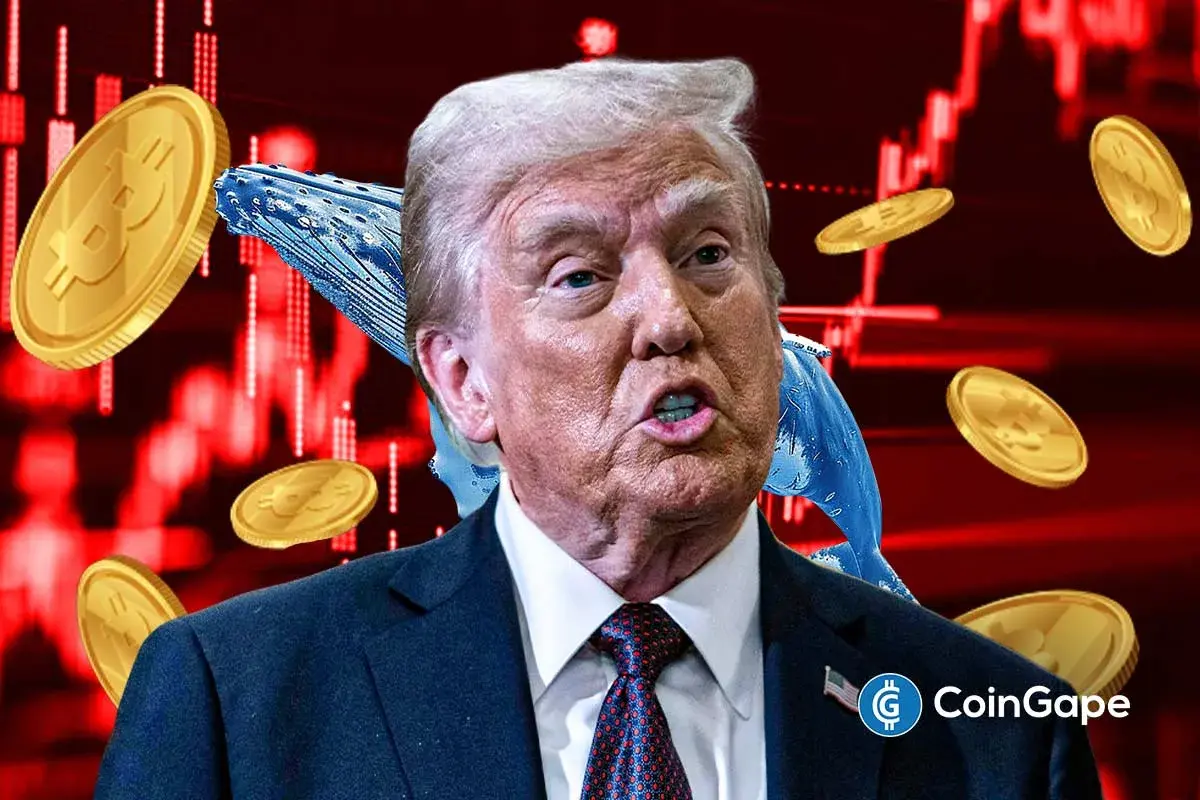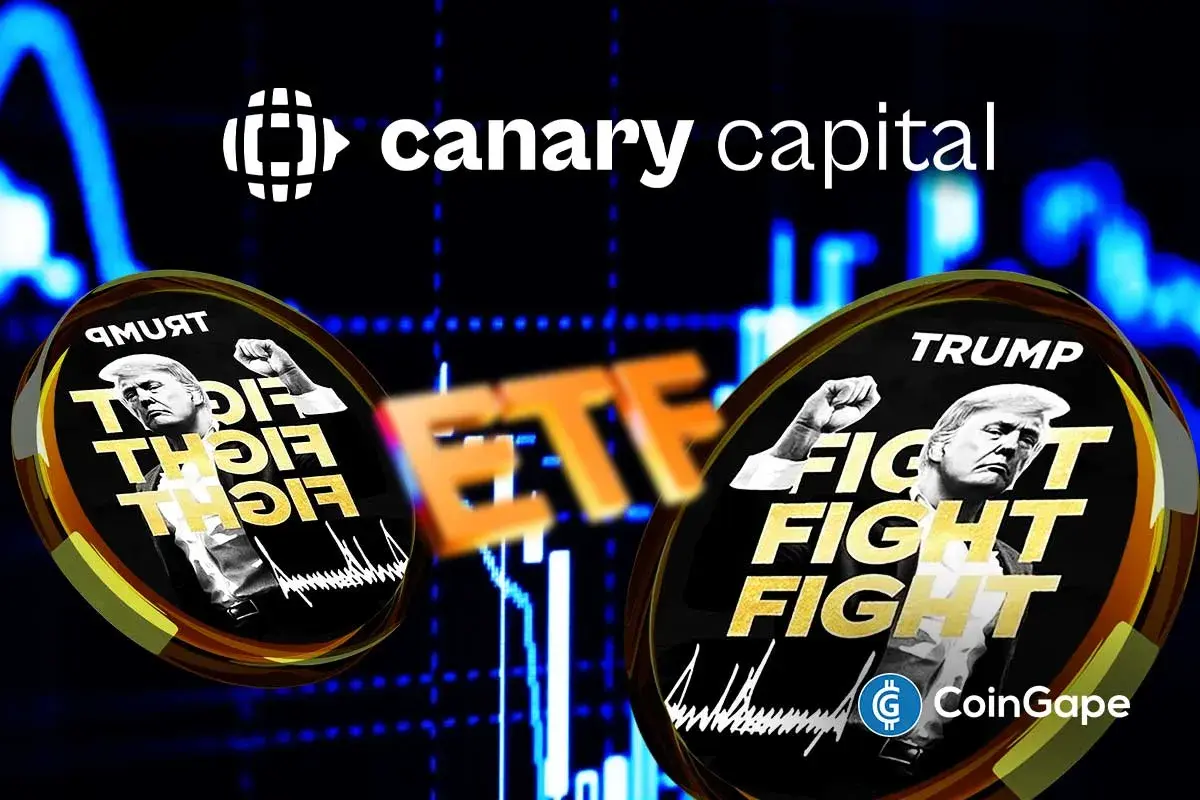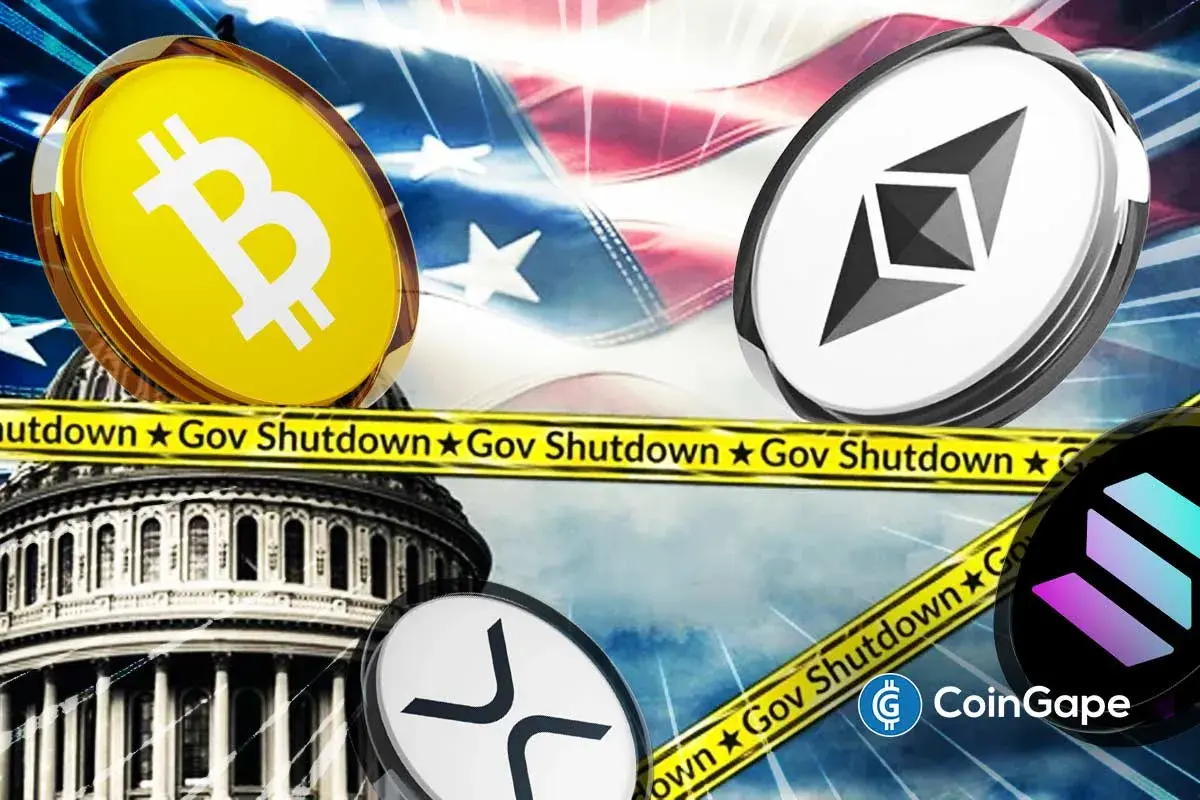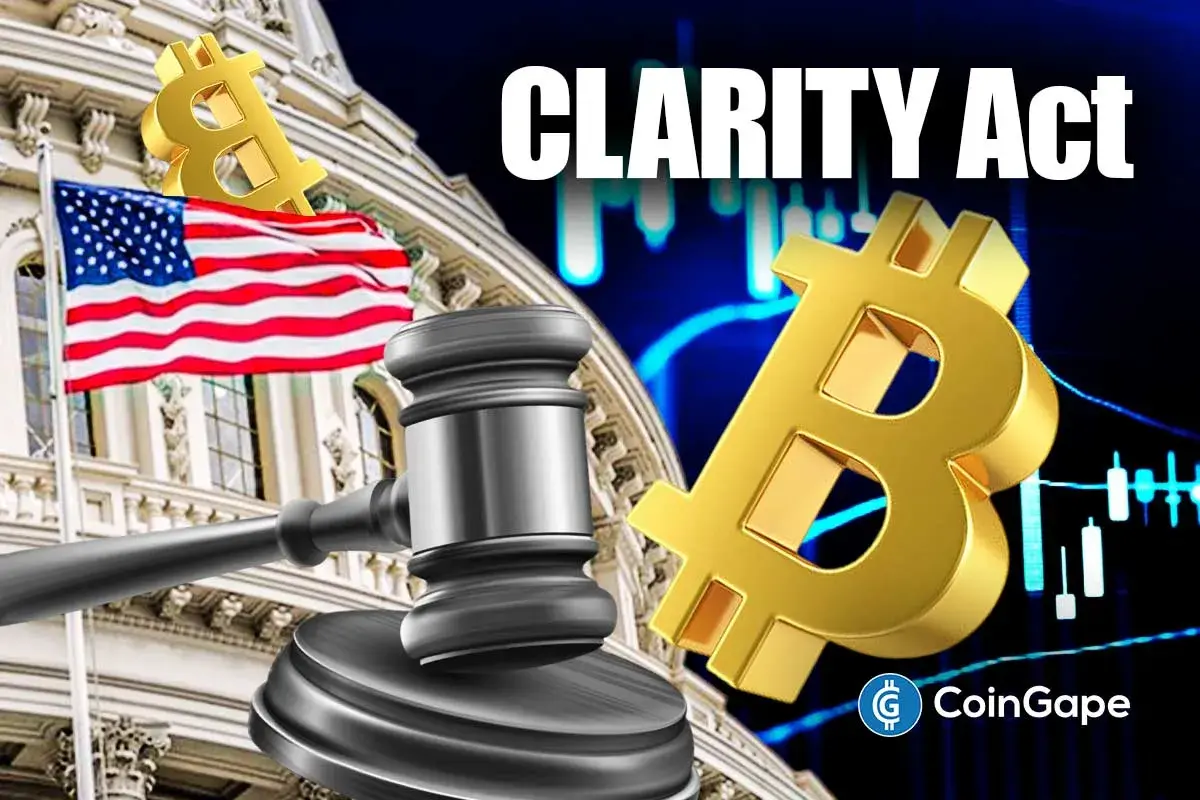NFT Scam: Moroccon Man Stealing Bored Ape NFTs on Fake OpenSea Marketplace

On Monday, July 10, US Prosecutors charged a Moroccan man for stealing two Bored Ape NFTs, and other digital assets by creating a fake OpenSea marketplace. The person stole a total of $450,000 in NFTs and cryptocurrencies.
Soufiane Oulahyane, 25, created the fake OpenSea NFT website and tricked victims into sharing their seed phrases, that give access to one’s crypto wallet. This was, the person guilty gained access to the accounts on the actual OpenSea marketplace, said the Department of Justice. In a statement on Monday, Manhattan US Attorney Damian Williams said:
The practice is known as “spoofing,” which is “one of the oldest tricks in the criminal playbook”. “Oulahyane adapted this old tool for use in a new and developing arena — the crypto space.”
The overall NFT market is currently going through a rough phase with the floor prices of top NFT projects like BAYC hitting a multi-month low. As a result, the frauds taking place in the NFT space have also been increasing simultaneously.
The prosecutors have charged Oulahyane with stealing someone’s cryptocurrency in New York. The victim’s identity was not revealed. Oulahyane also sold 39 of the victim’s NFTs (non-fungible tokens) on OpenSea. This includes a cartoon ape wearing a sailor cap and smoking a cigar, according to the Department of Justice.
OpenSea NFT Scam
As per the government investigation, Oulahyane paid for sponsored links on an unidentified search engine. Upon clicking the link, users were directed to a phony site that looked like OpenSea’s login page. Soon as the users entered the seed phrases on this phony website, the details moved to Oulahyane.
According to prosecutors, the victim also spent around $18,700 for the ape NFT and $3,400 for the dog NFT, purchased using 9.88 Ether and 1.789 Ether, respectively.
Oulahyane faces charges of wire fraud, using an unauthorized access device, aggravated identity theft, and using an access device to steal a minimum of $1,000. Also, if convicted of fraud, he could face a maximum sentence of 20 years in prison.
- Expert Predicts Bitcoin Dip to $49K as ‘Trump Insider’ Whale Dumps 5,000 BTC
- Bitcoin Price Rebounds $70K, Here are the Top Reasons Why?
- Crypto Market Weekly Recap: Crypto Bill White House Meeting, Binance Buys $1B BTC, and More (9- Feb 13)
- TRUMP Coin Pumps 5% as Canary Capital Amends ETF Filing With New Details
- Crypto Prices Surge Today: BTC, ETH, XRP, SOL Soar Despite US Government Shutdown
- Crypto Price Prediction For the Week Ahead: Dogecoin, Solana and Cardano
- Bitcoin Price Prediction: How Could Brazil’s Strategic Bitcoin Reserve Proposal Impact BTC?
- 3 Top Reasons Pi Network Price Surging Today (14 Feb)
- XRP Price Prediction Ahead of Potential U.S. Government Shutdown Today
- Bitcoin Price Outlook As Gold And Silver Lose $3.6 Trillion in Market Value
- XRP and Ethereum Price Prediction as Trump Seeks to Lower Key Tariffs


















